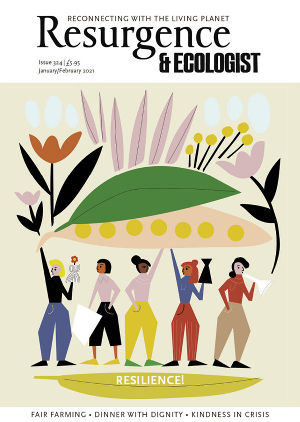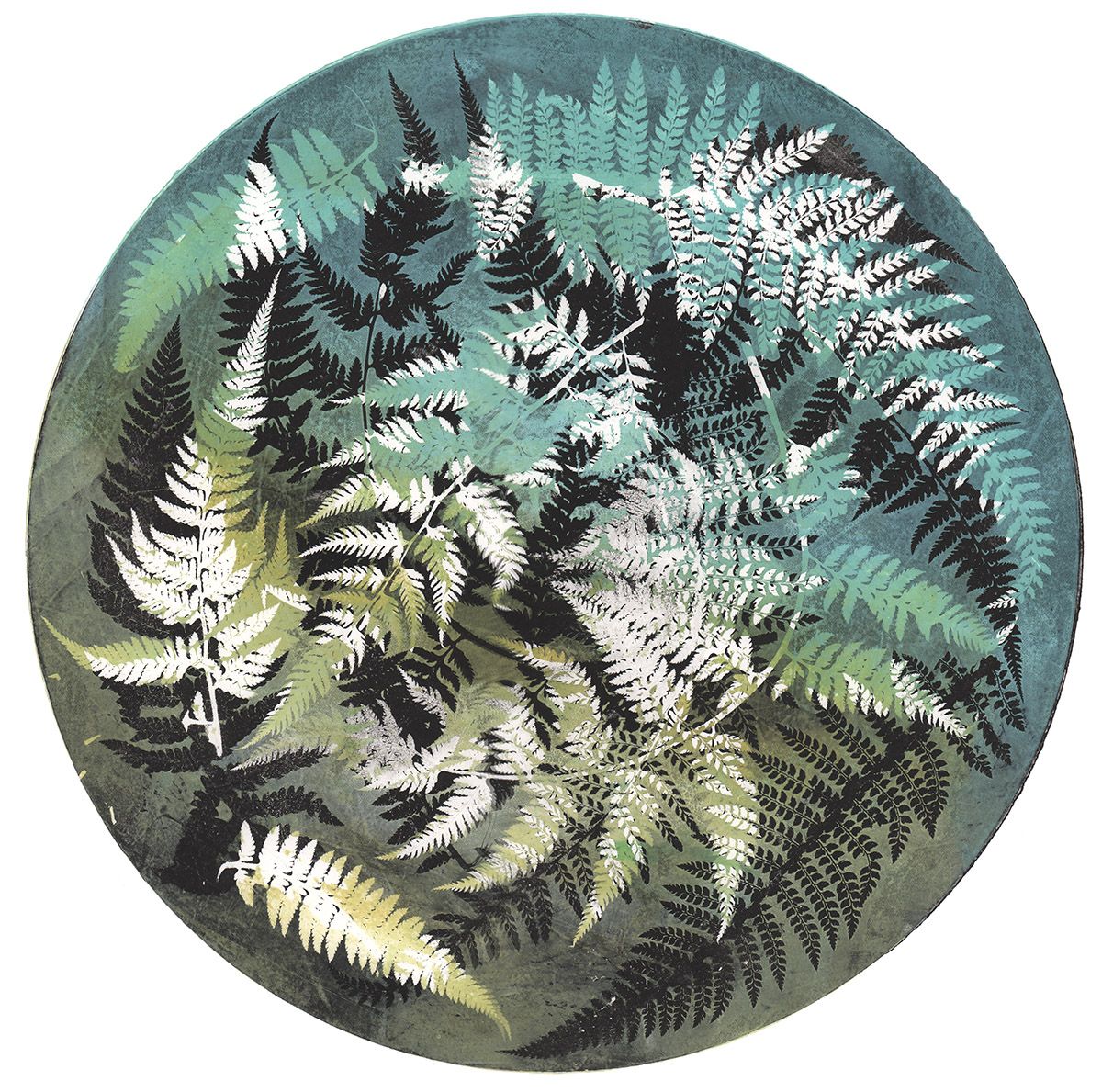Many people found the dramatic conditions imposed by lockdown as all but unbearable, but at the same time, even while shocked by the grim statistics of mortality, others came to experience the sudden slowing down of life as both healing and restorative. It gave individuals an opportunity to live more reflectively, observe more acutely, and, as the world became so much less noisy and polluted, to live more closely to Nature. The day’s political news turned into the day’s Nature news. As the blackthorn blossom gave way to hawthorn and the hawthorn gave way to the frail pink and white petals of the dog rose, I watched, as if for the very first time, the slow rotation of the season. And, as I watched, I found myself struggling to find words for what I saw, only to discover I had entered another dimension of being. For, immediately, the language of flowers blossomed into the archetypal metaphors of grace and connection. The poems gathered here bear witness to this extraordinary power of observing and connecting, of perception transmuting into vision until, as Wordsworth put it so memorably, “with an eye made quiet by the power of harmony, and the deep power of joy, we see into the life of things.”
THE DEFLECTOR
Near Beeston, in my father’s Ford: we plunge
into the woods. It’s late, I’m five years old,
entranced by how a hedgerow lit by headlamps
explodes into a flurry of pale wings,
the cold glare of a wide archaic mask –
eclipsed a moment later. And the trees
that stretch their talons out from fairy tales.
Our bonnet has a celluloid deflector
shaped like a little open book: supposed
to shield our windscreen from the clouds of moths
that plaster themselves helpless on the glass,
the fragments of a world Dad will scrape off
without a second thought.
Six decades later
I drive the same road. The oaks are there
but not the owls or insects. An occasional
frail ghost flits in the glare. We were so sure
of our few destinations. Now it seems
we’ve come so far there may be no way back.
Grevel Lindop
WATER SPIDER
Dive, diving at ditch edge
through featherfoil and dropwort
eight-legged swimmer,
quicksilver glimmer
of air-pocket hairs,
mercury wet.
Silk-spun underwater
hollow stem to hollow stem
air-bubble breath
of oxygen web.
Carbon, nitrogen,
gaseous exchange.
Bell-jar for prey:
night-hunted shrimp,
phantom midge,
water-mites, stickleback.
Dive, diving spider
courtship swims,
tunnels the gill-web
of silver mate,
makes water-pocket eggs,
spiderlings.
Nitrogen-less,
collapsing web.
Breathless
quick, quick, surfacing
glimmer-swimming
eight-legging quick
up to ditch edge, featherfoil,
dropwort, oxygen.
Kim Lasky
SHAKING THE BAY
Our ancient bay tree quivers
with a hint of storm.
Why then, if trucks upturn
on every highway, do I exult
at this forecast soon to test
the fettle of our window panes?
It must be some longing
for catastrophe, a judgement
on broken promises, and all
the flummery of being human.
Far out there on the Atlantic
the hurricane is roiling in.
This will is more than weather.
We count its isobars, or think
to tame it with a familiar name.
Not so the bay tree. It half recalls
how women shook these boughs,
and prophesied the end of days.
Paul Matthews
OLD AGE
Old age
is like a railway terminus.
All known tracks converge
and come to an end.
There’s no going back,
only forward
into the darkness of uncertainty,
where lies
the uncharted landscape
of the heart,
the journey inward,
ringed round by grief,
you undertake alone.
Pat Calhoun
ENVY
Just when the kestrel became the oak tree is uncertain.
It could even be the moment the oak tree became the bird
so united in their camouflage but for the February sun
hinting at something softer than wood, a texture blurred
in the thin first light. You had to look twice to see it move.
I envy Darwin two centuries ago, in an unknown world
with a hawk so unused to people, he could give it a shove
and it flew above their heads, wings and tail unfurled
against the expanse of blue, before returning to the tree.
Or Hopkins who honoured the beauty of the bird in verse
glittering with dappled praise, everything that I could see
as the kestrel dropped to the ground, barred feathers first
opening and closing, the fanned tail spread for balance.
Or the knave who loved his first bird, earned the token
of flying a hawk, a lady’s bird, learned the power of dance
and dizzying flight, and how a human heart is broken.
Ann Williams







